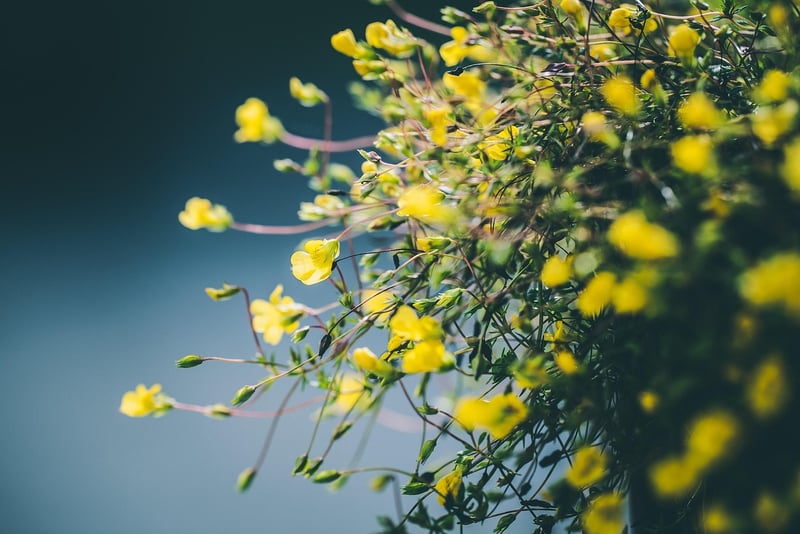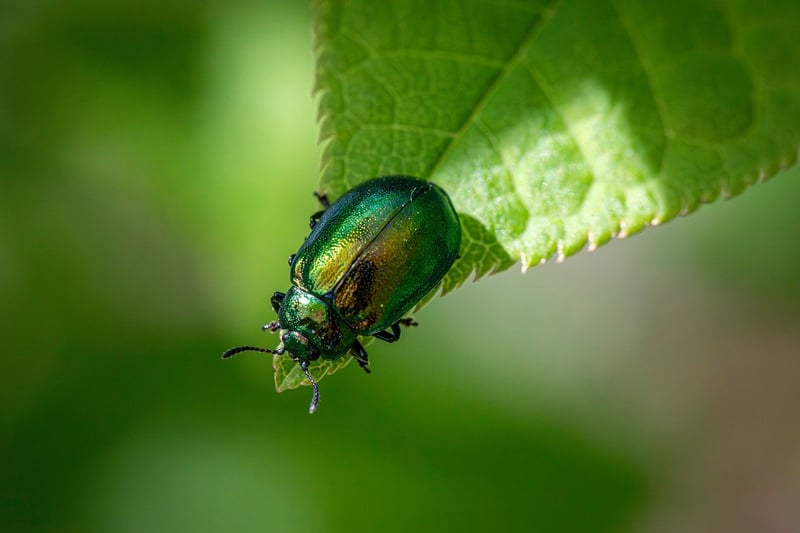Pest Management
Maintaining Healthy Plants and Pest Management
Having thriving, healthy plants is a joy for any gardener or plant enthusiast. However, along with proper care and attention, dealing with pests is a crucial aspect of plant maintenance. Here are some tips to help you maintain healthy plants while effectively managing pests:
1. Choose the Right Plants
Start by selecting plants that are well-suited to your local climate and conditions. Healthy plants are naturally more resistant to pests and diseases.
2. Provide Proper Care
Ensure your plants receive adequate sunlight, water, and nutrients. Healthy plants are better equipped to fend off pest infestations.
3. Monitor Your Plants
Regularly inspect your plants for any signs of pest damage or disease. Early detection can help prevent the spread of pests.
4. Practice Good Hygiene
Keep your garden clean by removing fallen leaves, weeds, and debris. Pests often hide in these areas, so maintaining cleanliness can help reduce infestations.
5. Use Natural Remedies
Consider using natural pest control methods such as neem oil, insecticidal soap, or companion planting to deter pests without harming beneficial insects.
6. Introduce Beneficial Insects
Encourage beneficial insects like ladybugs, lacewings, and predatory mites that feed on pests. These natural predators can help keep pest populations in check.
7. Rotate Crops
If you have a vegetable garden, practice crop rotation to disrupt pest life cycles. This can help prevent the buildup of pests in the soil.
8. Seek Professional Help
If pest infestations become severe and difficult to manage, don't hesitate to seek advice from a professional gardener or pest control expert.
Conclusion
By following these tips and staying proactive in your plant care routine, you can maintain healthy plants while effectively managing pests. Remember that prevention is key, and a little extra effort upfront can save you time and frustration in the long run.

Happy gardening!
